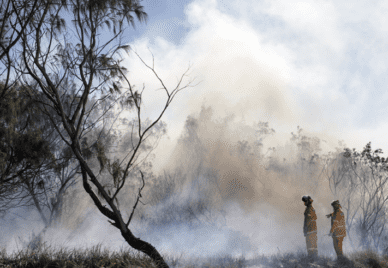
Aggregating and Integrating Data on Health Outcomes Associated with Bushfires at a National Scale
Exploreabout Aggregating and Integrating Data on Health Outcomes Associated with Bushfires at a National Scale
Housing researchers face significant challenges in accessing, processing and integrating housing data from numerous independent agencies across a range of jurisdictions.
This is a significant barrier to evidence-based housing research and policymaking at the national scale.
The project partners has created the Australian Housing Data Analytics Platform (AHDAP), a unique federated platform for the ingestion, management and analysis of digital data on housing and the built environment.
It allows rapid multi-scale complex modelling and simulation to address the pressing questions regarding housing provision and sustainability across Australia.
This project involved the following elements:
Federated in design, the portal enables users to search and access housing data assets from across Australia.
This free knowledge exchange platform was designed to collate, collect, generate and visualise open spatial data on every building across Sydney, Melbourne, Hobart, Perth, Brisbane, Adelaide and Canberra. This platform helps make the cities more sustainable.
This is a suite of interrelated housing-focused analytical tools, initially populated with 4 existing tools. The workbench will be extensible so other tools can be added in future.
Communities of practice have been created around the data platforms and analytical tools. End users were engaged through face-to-face and online training sessions and symposia.
Access AHDAP, which provides housing researchers and planners with a transformative capability to objectively design and evaluate new policy and practice on the future development of Australia’s urban regions.
AHDAP will help to drive economic recovery, social inclusion and resilience across Australia’s $7-trillion housing market and will lead to:
This project connects academia, government, industry and communities to the best available data, analytics and insights to assist in solving the challenges facing Australia’s housing future. It:
The project brought together key federal agencies responsible for researching and monitoring national housing and planning policy.
This collaboration delivered a sustainable national governance model for Australia’s digital housing assets and provide researchers and policymakers with a prioritised set of nationally harmonised housing data.
Our partners were: